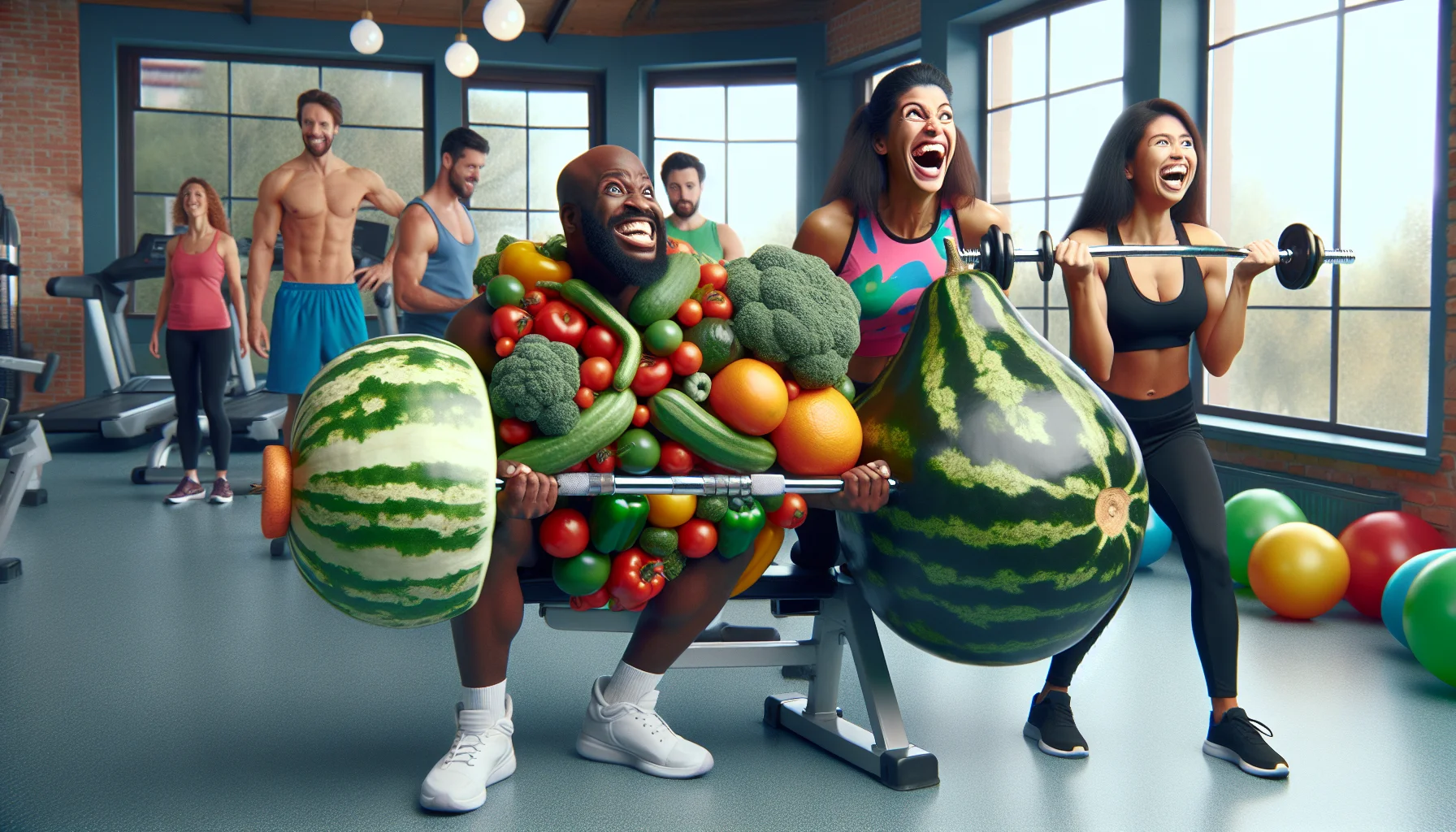Body sculpting diets Quiz
Test Your Knowledge
Question of
The Ultimate Guide to Body Sculpting Diets
Achieving a sculpted body goes beyond just regular exercise; diet plays a crucial role in this transformation. The right nutrition can help fuel your workouts, aid in muscle recovery and growth, and assist in reducing body fat to reveal the hard work you've put in. Understanding the balance of macronutrients, staying hydrated, and timing your meals can significantly impact your body sculpting results. This guide aims to provide you with the knowledge you need to tailor your diet to your body sculpting goals, ensuring that your efforts in the gym are visible on the outside.
Key Components of a Body Sculpting Diet
- Protein: Essential for muscle repair and growth. Sources include chicken, fish, tofu, legumes, and dairy products.
- Complex Carbohydrates: Provides sustained energy. Examples are whole grains, oats, sweet potatoes, and brown rice.
- Healthy Fats: Important for hormone production and nutrient absorption. Avocados, nuts, seeds, and olive oil are great sources.
- Fiber: Aids in digestion and helps keep you feeling full. Found in vegetables, fruits, beans, and whole grains.
- Water: Essential for overall health and helps in the fat loss process. Aim to drink at least 8 glasses a day.
- Vitamins and Minerals: Consuming a wide variety of fruits and vegetables can ensure you get a range of vitamins and minerals which are crucial for recovery and energy levels.
Sample Meal Plan for Body Sculpting
| Day | Breakfast | Lunch | Dinner | Snacks |
|---|---|---|---|---|
| Monday | Oatmeal with almond milk and berries | Grilled chicken salad with mixed greens | Salmon with quinoa and asparagus | Almonds and a green apple |
| Tuesday | Scrambled eggs with spinach and feta | Quinoa and black bean stuffed peppers | Grilled shrimp with broccoli and sweet potato | Greek yogurt with honey and walnuts |
| Wednesday | Protein smoothie with banana and peanut butter | Turkey and avocado wrap | Chicken stir-fry with vegetables and brown rice | Cottage cheese with pineapple |
| Thursday | Whole grain toast with avocado and poached eggs | Lentil soup with a side of mixed greens | Beef stir-fry with bell peppers and quinoa | Carrot sticks with hummus |
| Friday | Greek yogurt with granola and mixed berries | Chicken Caesar salad (no croutons) | Baked cod with steamed green beans and wild rice | A pear and a handful of walnuts |
| Saturday | Pancakes made with almond flour and topped with strawberries | Vegetable stir-fry with tofu and brown rice | Grilled steak with roasted sweet potatoes and Brussels sprouts | Protein bar and an orange |
| Sunday | Smoothie bowl with spinach, banana, protein powder, and almond milk | Salmon salad with mixed greens and vinaigrette | Roasted chicken with cauliflower rice and green beans | Dark chocolate (70% or higher) and raspberries |
How to Customize Your Body Sculpting Diet
Customizing your diet according to your body type, activity level, and personal goals is crucial for achieving optimal body sculpting results. Understanding that each individual's body responds differently to various foods and nutrients allows for a more tailored approach to nutrition. This personalization not only enhances your ability to sculpt your body effectively but also supports overall health and well-being. By focusing on a diet that complements your unique physiological needs and fitness regimen, you can maximize your performance, recovery, and the aesthetic outcomes of your hard work.
Common Mistakes to Avoid in Body Sculpting Diets
- Not consuming enough protein to support muscle growth and repair.
- Over-relying on supplements and not focusing on whole foods.
- Underestimating the importance of hydration and not drinking enough water.
- Skipping meals or drastically reducing calorie intake, which can slow down metabolism.
- Not paying attention to meal timing and its impact on workout performance and recovery.
- Ignoring the importance of healthy fats in the diet, which are crucial for hormone production and overall health.
- Overeating or choosing unhealthy foods during "cheat meals," which can hinder progress.
- Failing to adjust the diet based on changing body composition and fitness goals.
- Not tracking macronutrient intake, leading to imbalanced eating habits.
- Overlooking the role of micronutrients and fiber for overall health and body function.
Supplements and Body Sculpting Diets
Supplements play a crucial role in enhancing the effects of a body sculpting diet, acting as a catalyst to maximize muscle growth, fat loss, and overall physical performance. While a well-rounded diet is foundational, supplements can fill in nutritional gaps, ensuring that the body receives all the necessary nutrients to support intense workouts and recovery. For those aiming to sculpt their body, incorporating supplements such as whey protein, for muscle repair and growth; branched-chain amino acids (BCAAs), to help reduce exercise fatigue and accelerate recovery; creatine, for improving strength and power; and omega-3 fatty acids, to support heart health and reduce inflammation, can be beneficial. It's important to choose supplements that are safe and effective, opting for products that are third-party tested and well-reviewed by the fitness community. Always consult with a healthcare professional before adding new supplements to your regimen to ensure they align with your health needs and fitness goals.












